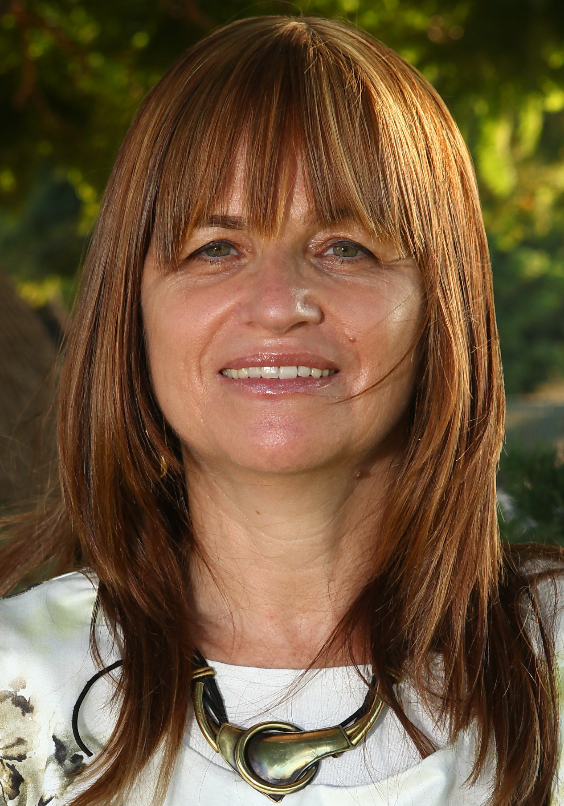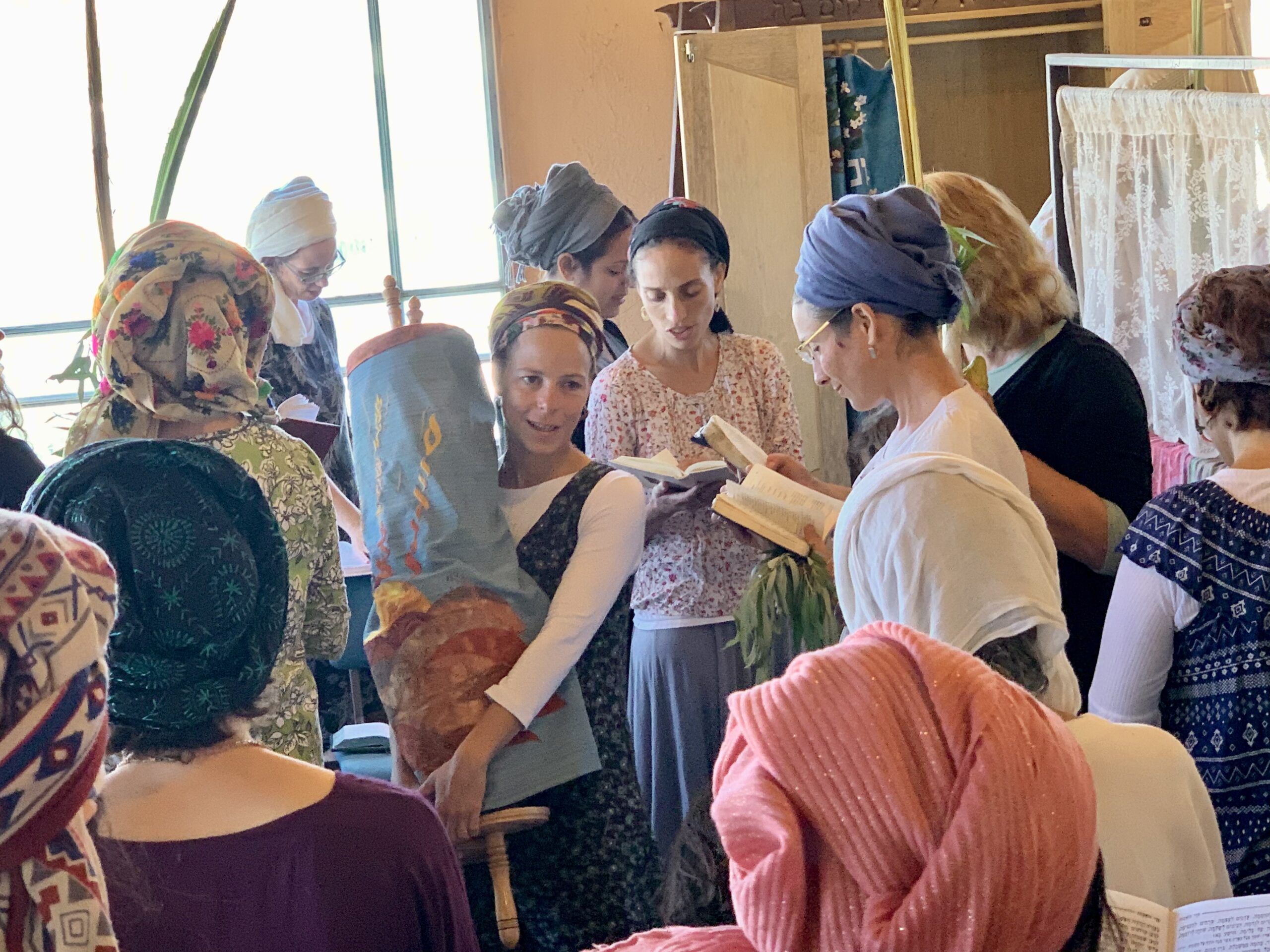Encompassing Rosh Hashanah, Yom Kippur, Sukkot, and Simchat Torah
By Prof. Zehavit Gross, Dean of Faculty of Education & The Sal Van Gelder Center for Holocaust Research & Instruction, Bar Ilan University, Israel

In the heart of the High Holidays – encompassing Rosh Hashanah, Yom Kippur, Sukkot, and Simchat Torah – we forge unique connections with the Divine. While Rosh Hashanah and Yom Kippur lead us to God through awe and reverence, Sukkot and Simchat Torah beckon us towards God through the embrace of joy. These holidays in the month of Tishrei bear not only Jewish significance but also a universal essence.
On Rosh Hashanah, our prayers extend towards peace for the entire world, encapsulated in the poignant prayer, “And may all Your creations.” This prayer underscores the unity and interconnection of all humanity with a God who embodies mercy. This perspective holds a universal appeal, seeking common threads among all people for the betterment of the world.
Yom Kippur introduces us to the Book of Jonah, a tale centered on Jonah’s mission to bring the people of Nineveh to repentance. Jonah’s initial evasion of God’s call eventually leads to a transformative journey within the belly of a fish, culminating in his own repentance and the redemption of Nineveh. The message of the Book of Jonah transcends boundaries; it asserts that ultimately, all will return in repentance, yearning to mend the world. This message emanates compassion and universal mercy, aspiring to save all of humanity and construct a world founded upon the principles of justice and human equality.
Sukkot, too, carries a universal message. We leave our permanent abodes to sojourn in the temporary sukkah, teaching us about the fragility of human existence. We open our sukkah and our hearts to esteemed guests – Abraham, Isaac, Sarah, Rachel, and Leah – laboring tirelessly in the pursuit of repairing the world.
In the times of the Holy Temple, Sukkot was celebrated with the sacrifice of 70 bulls, symbolizing the 70 nations of the world, underscoring the holiday’s global significance. Sukkot celebrates nature, grounding us in our environment and inculcating a sense of responsibility towards the natural world.
The sukkah we dwell in, nestled within the embrace of nature, symbolizes a sanctuary of peace, uniting all corners of humanity. On Simchat Torah, our prayers beseech for rain, pleading for a year of blessings and abundance rather than scarcity. In this prayer, we include all of humanity, wishing that the rain may bless all.
As indicated above , there is an internal, universal connection between the Jewish holidays of Tishrei. Its purpose is to connect between different segments of the people-among themselves (each with their own perspectives and beliefs) and between Israel and other nations. This is a universal motif crafted with the aim of demonstrating that each individual within the Jewish people has a significant and “safe place” in the overarching narrative of each of the Tishrei holidays, and even the entire world possesses an essential role within the narrative of the Tishrei Holidays.
This universal analysis allows for the creation of an inclusive perspective that encompasses all pieces of the puzzle of the people and the world. In fact, The Tishrei holidays serve as a period of personal renewal and cosmic universalism. They constitute a life cycle that attributes importance to self -improvement through a deeper connection with God and the world. Essentially, during this period at the beginning of the year, we seek personal renewal that connects us as human beings with the grand narrative of humanity. The universal analysis also emphasizes the human connections between the Jewish people and other nations, strengthening the concept of fraternity and partnership in the grand narrative of human culture.
A profound feminist undercurrent runs through the tapestry of the High Holidays. In Hebrew, the names Rosh Hashanah, Jonah, Sukkah, and Simchat Torah all bear feminine linguistic attributes. This underscores the idea that to repair the world, a dominant feminine voice is essential from the inception of the year. It is a voice that embodies mercy and fosters connections with all of humanity, saturated with love and joy.
May we merit a year filled with goodness and blessings, a year that nurtures connections among all people, a year in which we embrace nature and the environment, and a year marked by compassion, love, and lasting peace.
(Featured photo by Laura Ben David for the Jewish Life Photo Bank)
